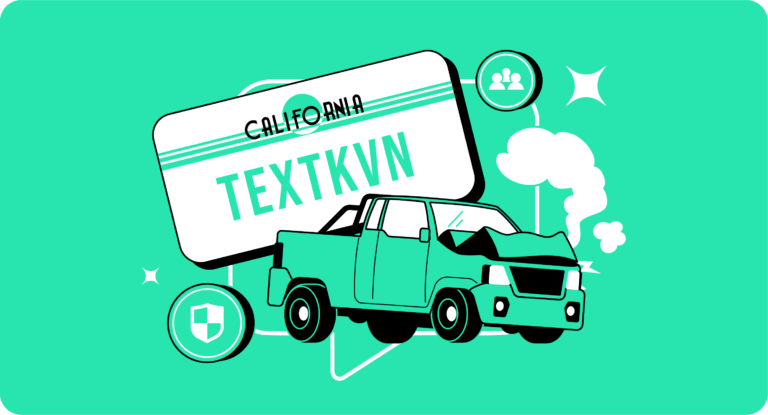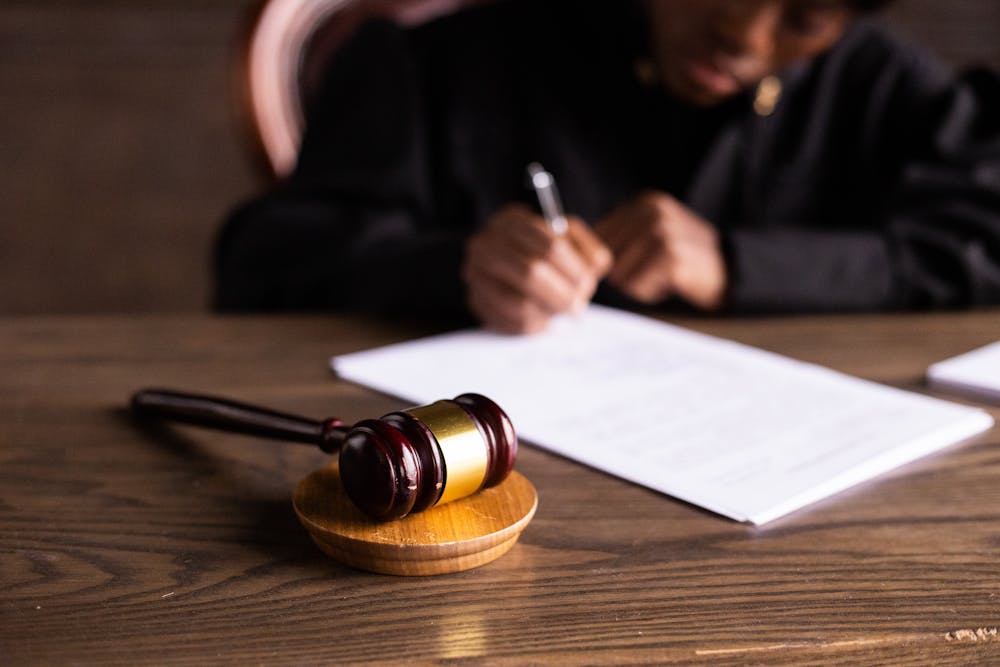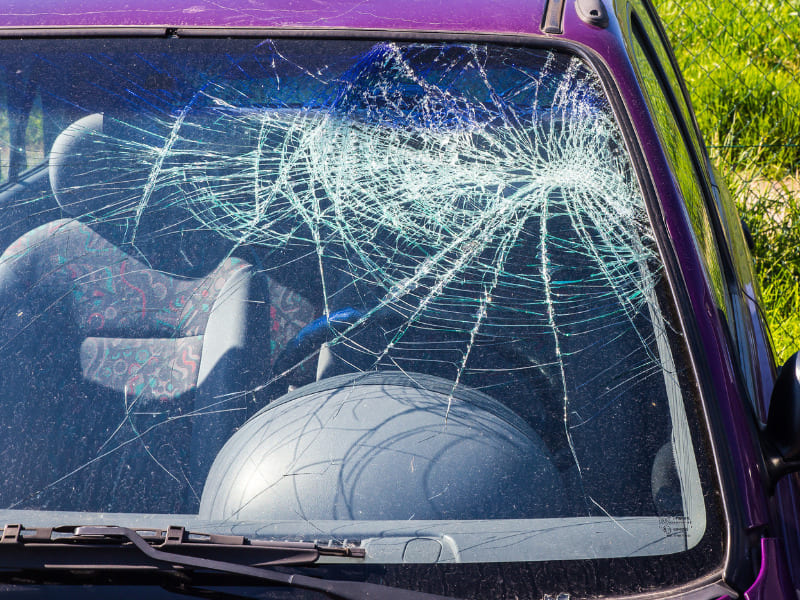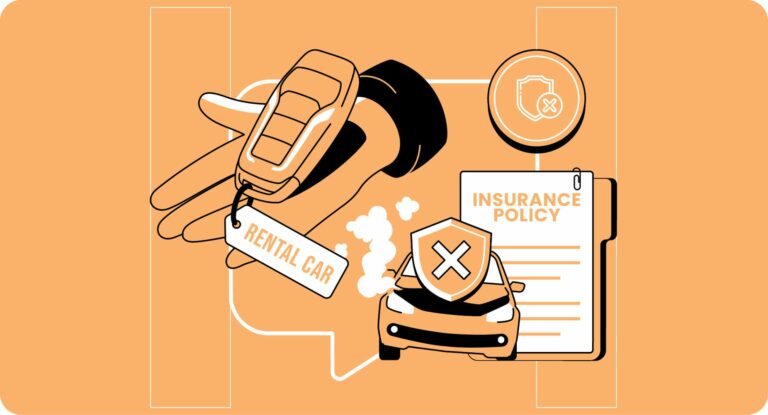When involved in an automobile accident, determining liability and navigating insurance claims can be daunting. The situation becomes even murkier when the vehicle that collides with you is stolen. Beyond the immediate safety concerns, victims face a maze of legal and insurance implications.
It’s essential to be aware of your rights, the potential obstacles, and the appropriate steps to take. In this article, we’ll delve into the multifaceted issue of what happens if a stolen car hits you. From understanding the immediate steps you should take to the intricate legal and insurance implications, we aim to guide you through this unfamiliar territory.
Understanding the Complex Scenario
Being involved in an automobile accident is an ordeal in itself. When the other car happens to be stolen, the situation becomes even more convoluted. But why does the stolen status of the car make such a significant difference?
- Legal Ambiguities: A stolen car typically implies that the driver does not have the owner’s permission to operate the vehicle. This unauthorized use presents a legal gray area. Unlike conventional accidents where you could potentially hold the at-fault driver accountable, here, the true owner of the car is also a victim.
- Insurance Conundrums: Insurance policies are designed around the premise that the person operating the vehicle has the right to do so. When a car is stolen, it often falls outside the purview of traditional liability coverage. This can lead to challenges in determining which insurance policy, if any, will cover the damages.
- Accountability Issues: Catching the individual responsible for stealing the car and causing the accident might not always be feasible. In cases where the perpetrator remains unidentified or is unable to provide compensation, victims might find themselves facing substantial financial burdens.
- Emotional Distress: Beyond the tangible complications, there’s an added emotional toll. Victims often grapple with feelings of injustice, given that they’ve been doubly wronged: first by the accident itself, and second by the challenges of seeking resolution.
To navigate this intricate landscape effectively, one must be well-versed in both legal protocols and insurance policy details.
Legal Implications
When a stolen vehicle is involved in an accident, it presents a unique set of challenges in the legal realm. Determining fault and seeking compensation can be quite different compared to typical vehicular accidents. Here’s what you need to know:
- Who is Legally at Fault?: At first glance, it might seem evident that the thief driving the stolen vehicle is at fault. They not only committed a crime by stealing the car but also caused harm by getting involved in an accident. However, proving this and getting the right compensation can be an uphill battle if the thief is not apprehended or lacks the means to pay for damages.
- The Challenges of Pressing Charges: While the act of stealing a car is a criminal offense, the victim of the accident (you) would not usually press charges for the theft itself. Instead, your primary concern would be the accident and resulting damages. However, if apprehended, the thief can face multiple charges, from the theft of the vehicle to reckless driving or endangerment.
- The Role of Police Reports: It’s essential to obtain a police report detailing the incident. This document not only establishes the fact that the vehicle was stolen but also records the details of the accident. It will be invaluable when dealing with insurance companies and, if needed, in court proceedings.
- Potential Immunity of the Car’s Owner: Generally, the owner of the stolen car is considered a victim in the eyes of the law. They usually won’t be held liable for the accident as they didn’t grant permission for the vehicle’s use. There are exceptions, however, such as if the owner negligently left the keys in the car or did not report the theft promptly.
- Legal Recourse for Victims: If the thief is caught and has assets or an insurance policy, you might be able to seek compensation directly. Otherwise, victims might need to turn to their own insurance policies, specifically the uninsured motorist coverage, if they have it.
Grasping these legal aspects can significantly impact the outcome of your claims and potential compensation. Being proactive, gathering evidence, and seeking professional legal advice can make a marked difference in the resolution of such a distressing event.
Insurance Considerations
Understanding the implications of car insurance when a stolen vehicle is involved is crucial. In this complex scenario, traditional auto insurance may not neatly cover the situation.
Typically, auto insurance policies are designed to cover accidents involving vehicles operated by their legal owners or permitted users. However, when a stolen car is involved, this framework can become less straightforward.
If the thief responsible for the accident has insurance, their personal liability coverage may come into play, but this isn’t guaranteed. Many insurance companies exclude coverage for incidents related to criminal activities, leaving victims in a difficult position.
Here’s where having comprehensive and uninsured motorist coverage becomes essential. Comprehensive coverage can assist with the repair costs of your vehicle if it’s damaged by a stolen car. Uninsured motorist coverage can step in to help with medical bills and car repairs when the thief is either uninsured or unidentified.
It’s worth noting that initiating a claim against a stolen vehicle can be a more prolonged and intricate process than standard claims. Insurers often require extensive documentation to verify that the car was indeed stolen at the time of the accident.
One common concern is whether making a claim in such a situation will lead to increased insurance premiums. Generally, if you are not at fault, your premiums should remain unaffected. However, it’s advisable to clarify this with your insurance provider to ensure you have a complete understanding of your policy’s implications.
In cases where insurance claims related to accidents with stolen cars are denied, seeking advice from lawyers or public insurance adjusters may be necessary to challenge the decision and ensure you receive the compensation you deserve.
What to Do Immediately After the Accident
In the chaotic moments following an accident involving a stolen car, it’s vital to take specific actions promptly. Here’s a guide on what you should do:
- Ensure Safety: Your safety and the safety of others involved is the top priority. If you’re able to move, check on the well-being of any passengers and the occupants of the other vehicle. If anyone is injured, call for medical assistance immediately.
- Call the Police: Regardless of the circumstances, contact the local police immediately to report the accident. This step is crucial for documentation purposes and legal proceedings. Be sure to mention that the car that hit you is stolen.
- Gather Evidence and Witness Statements: If it’s safe to do so, collect evidence at the scene. This includes taking photos of the accident, damage to both vehicles, and any visible injuries. Additionally, gather contact information from witnesses who can provide statements about what they saw.
- Report to Your Insurance: Inform your insurance company about the accident as soon as possible. Even if the other vehicle was stolen, it’s essential to start the claims process promptly. Provide them with all the details, including the police report.
- Seek Medical Attention: Even if you don’t have apparent injuries, it’s advisable to seek a medical evaluation. Some injuries may not manifest immediately, and having a medical record can be crucial for your well-being and any potential insurance claims.
These steps are essential for both your safety and the legal and insurance processes that will follow. Being proactive in gathering information and reporting the incident can greatly facilitate the resolution of the situation. In the next section, we’ll explore the complexities of navigating the aftermath of such an accident.
Navigating the Aftermath
After experiencing an accident involving a stolen car, you’ll likely encounter a range of challenges that can be emotionally and financially taxing.
The process of settling an insurance claim can be complex, especially if there are uncertainties surrounding the stolen vehicle’s owner or the thief’s insurance status. It’s important to be prepared for thorough investigations and to meticulously document all aspects related to the accident.
Depending on the circumstances and the progress of your insurance claim, you may find it necessary to seek legal advice. An attorney with knowledge in personal injury and insurance claims can help clarify your rights, negotiate with insurance companies, and represent your interests if required.
Injuries sustained and vehicle damage can result in significant expenses. Keeping all receipts, medical bills, and repair estimates related to the accident is crucial for seeking compensation. These documents serve as tangible evidence of your financial losses.
The emotional toll of such an incident should not be underestimated. Being involved in an accident is distressing on its own, but when it involves a stolen car, feelings of frustration and injustice can intensify. Seeking support from friends, family, or professionals can be instrumental in helping you cope with the emotional aspects of the situation.
Lastly, patience and persistence are vital virtues during this process. Resolving an accident involving a stolen car can be time-consuming, as insurance companies, legal proceedings, and investigations each have their own timelines. Staying resilient and maintaining a steady focus on your rights and options will be instrumental in achieving a fair and satisfactory resolution.
What Happens If a Stolen Car Hits You in Tennessee
In Tennessee, as in many states, accidents involving stolen cars are a unique challenge. State laws and regulations play a significant role in how such incidents are handled.
When a stolen car hits you in Tennessee, you’ll navigate the state’s specific regulations regarding accidents with stolen vehicles. Tennessee’s legal framework aims to ensure that victims receive fair treatment and compensation in these scenarios.
Understanding Tennessee’s state laws regarding these accidents is crucial. The way local insurance companies typically handle such incidents can also vary, so being informed about these practices can greatly benefit residents of the state.
Tennessee’s regulations and protocols surrounding accidents with stolen cars may influence the outcome of your situation. Having a clear understanding of how the state’s laws intersect with your insurance claims can be invaluable as you work to resolve the aftermath of such an unfortunate event.
Remember, you’re not alone in this process. Seek legal advice when necessary, keep thorough documentation, and remain patient and persistent.
For more detailed assistance and to ensure you’re protected in all circumstances, don’t hesitate to reach out to Crockett Law Group at (800) 900-9393. We’re here to help you through these challenging situations and provide the support you need. Your safety and well-being are our top priorities.










